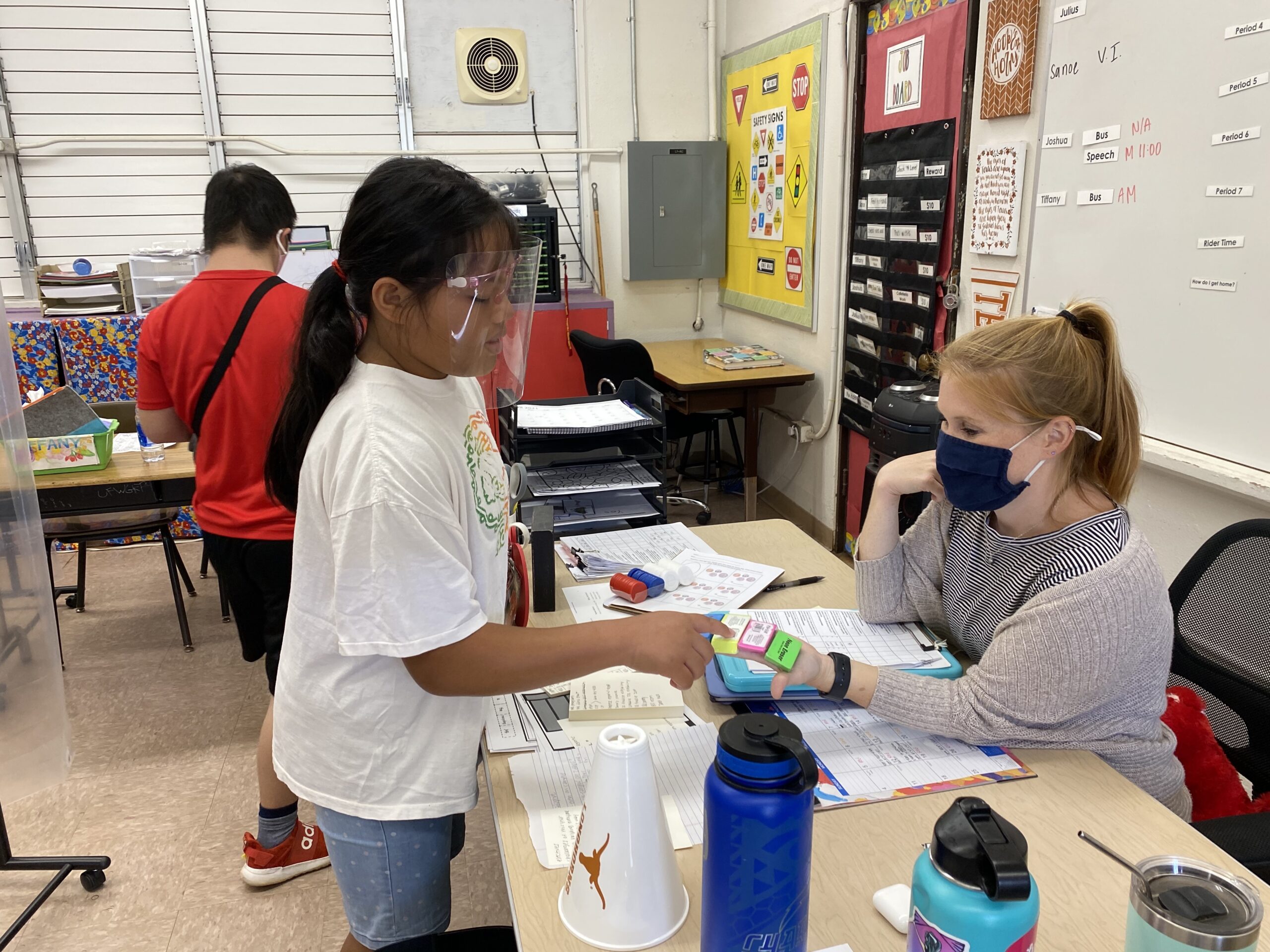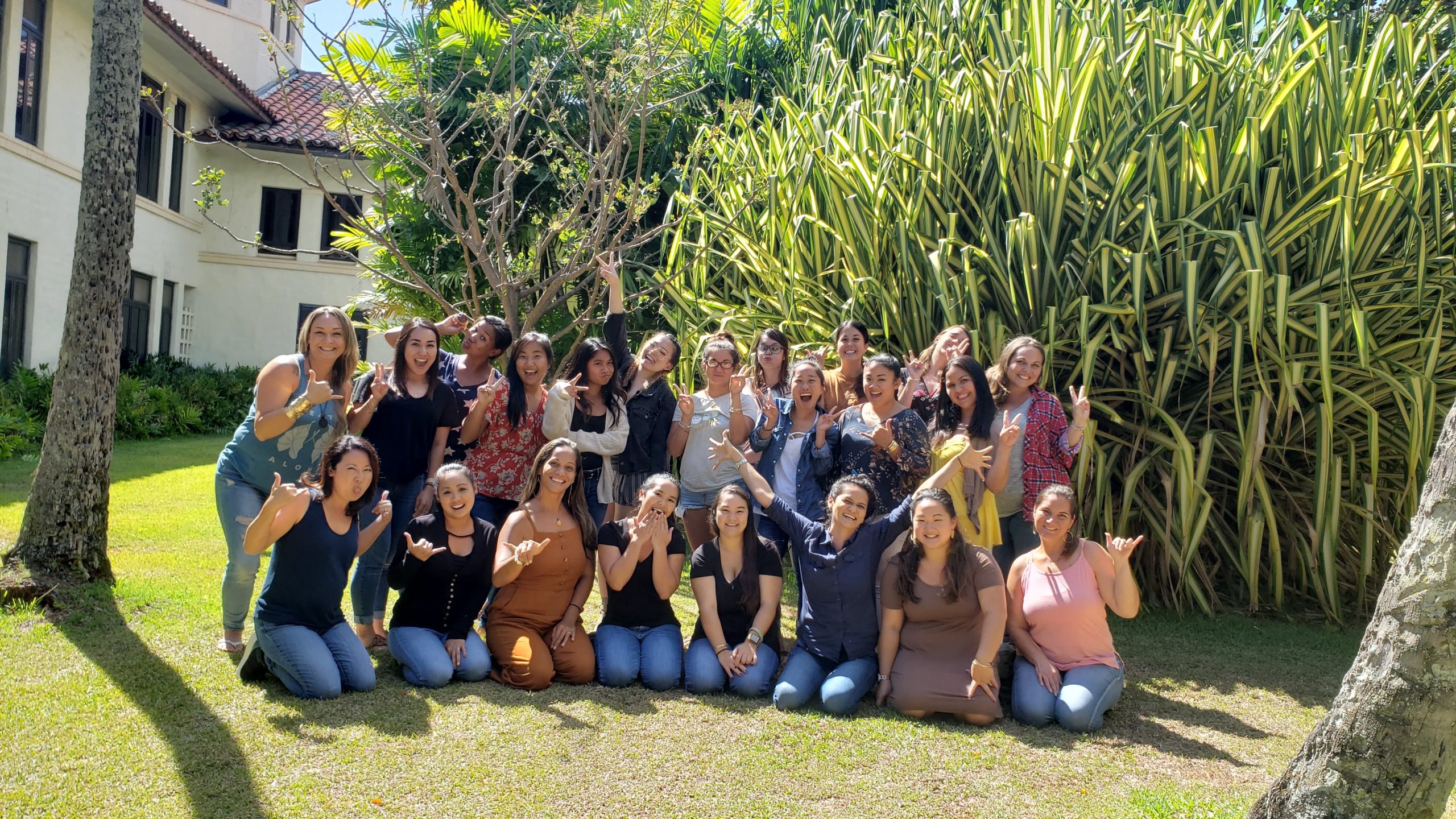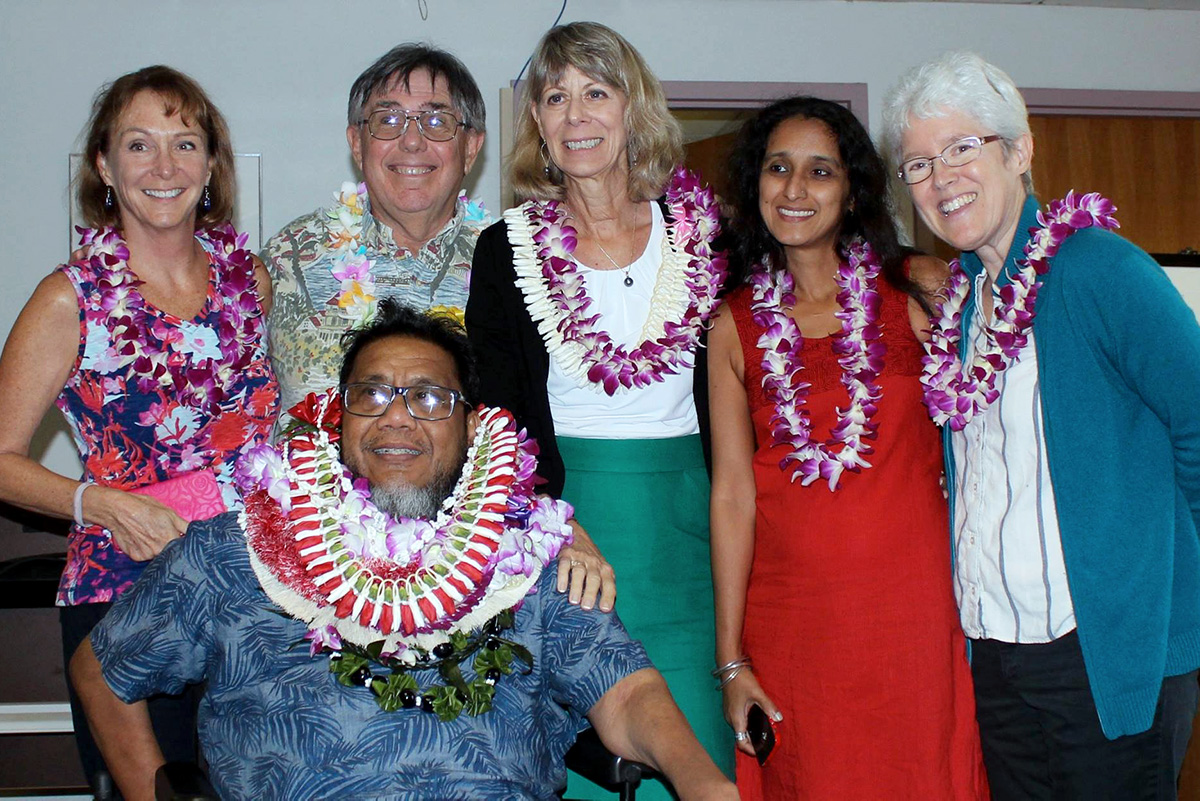COE Faculty Member Receives $1M Grant to Train Special Education Teacher Leaders
Associate Professor Sara Cook was awarded $1,084,889 by the U.S. Department of Education, Office of…

The Reading Interventionist Program trains candidates to apply the Science of Reading to meet the needs of their current and future students. With integrated practica each semester, program candidates receive expert guidance as they learn to apply their new knowledge with real students in need of additional support. Our candidates learn the foundations of reading development and oral language, advanced assessment and intervention planning skills, and diagnostic-prescriptive reading intervention practices to meet the needs of each and every student.

The Bachelor of Education in Special Education program allows candidates to earn their bachelor’s degree along with teacher licensure in special education. This cohorted program is offered statewide and is a series of coursework taken as the final two years of the bachelor’s degree in education. This emphasis offers two track specializations: (a) secondary special education, mild/moderate disabilities, or (b) severe disabilities and autism for any grade level (PK-12).

The Early Childhood and Early Childhood Special Education program allows candidates to earn their bachelor’s degree along with two teaching licenses at the early childhood level. This cohorted program is offered statewide and is a series of coursework taken as the final two years of the bachelor’s degree in education. This emphasis prepares teachers for young children with and without disabilities in preschool through 3rd grade (PK-3) general, inclusive, or special education settings.

The Exceptional Students & Elementary Education (ESEE) program is one of a small number of truly merged elementary and special education programs in the nation. This innovative ESEE program incorporates the principles of Culturally Responsive Teaching, Co-Teaching, Universal Design for Learning (UDL), Response to Intervention (RtI), Instructional Technology, High Leverage Practices (HLPs), and Data-Based Decision Making into every aspect of the curriculum.

The Post Baccalaureate Certificate in Special Education is a statewide, 18-month, field-based program designed for those pursuing careers in teaching who have earned baccalaureate degrees in fields other than education.

The Master of Education in Teaching (MEdT) dual licensure program in Secondary & Special Education is a statewide, two-year, field-based program designed for those pursuing careers in teaching who have earned baccalaureate degrees in fields other than education.

The MEd SPED program is a 31-credit online program designed for professionals who wish to increase their knowledge and skills in providing services to individuals with disabilities. The interdisciplinary specialization is designed primarily for graduate candidates who wish to have an advanced degree in special education/disabilities services in order to pursue special education leadership and/or research.

This specialization requires candidates to become grounded within Exceptionalities as a broad professional discipline. Under the guidance of his or her mentor, the candidate pursues an area of in-depth study and scholarship in Exceptionalities.